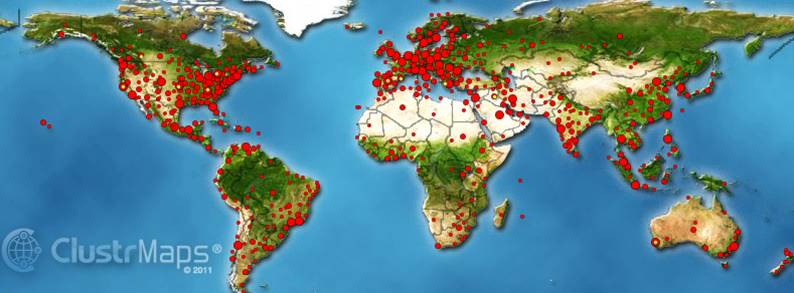

|
SADA Main Page
Free Downloads
Visualization
Sampling
Data Exploration
Risk Assessment
Geospatial Analysis
Geospatial Simulation
Decision Analysis
Cost Benefit Anaylsis
MARSSIM
TRIAD
Other Tools
Technical Support
Documentation
Coming Soon
Training
Education
Applications
Join SADA User Group
RAIS
Bugs
People
Email Us
Current SADA Webpage Vistors Previous SADA Webpage Visitors  |
Spatial Analysis and Decision Assistance
|
SADA Training: Goteborg, SwedenEnvironmental Assessment Methods Using SADA, September 12-15, 2005The Swedish Geotechnical Institute (SGI) is hosting a 32 hour course on applying SADA to environmental assessment problems in Gteborg, Sweden. The course is taught by the developers of the software. Cost for the course is €1250, the software is free. Users are to bring a laptop with SADA installed on it.
Spatial Analysis and Decision Assistance (SADA) is free software that incorporates tools from environmental assessment fields into an effective problem-solving environment. These tools include integrated modules for visualization, geospatial analysis, statistical analysis, human health risk assessment, ecological risk assessment, cost/benefit analysis, sampling design, and decision analysis. The capabilities of SADA can be used independently or collectively to address site specific concerns when characterizing a contaminated site, assessing risk, determining the location of future samples, and when designing remedial action. Students will be given a broad-based introduction to environmental assessment methods and SADA and will have ample understanding of how to use SADA as well as how to implement it for decision-making applications at environmental sites. SADA Preliminary schedule
Practice sessions are used to supplement lecture materials. Instructors are Peter Starzec (peter.starzec@swedgeo.se) from the Swedish Geotechnical Institute and Tom Purucker and Robert Stewart from The Institute for Environmental Modeling in Ecology and Evolutionary Biology at the University of Tennessee (sada@tiem.utk.edu).
Meals are not included, though refreshments are served twice a day. Participants will receive a complete training material.
|
SADA Main Page Free Downloads Visualization Sampling Data Exploration Risk Assessment Geospatial Analysis Geospatial Simulation Decision Analysis Cost Benefit Anaylsis MARSSIM TRIAD Other Tools Technical Support Documentation Coming Soon Training Education Applications Join SADA User Group RAIS Bugs People Email Us
